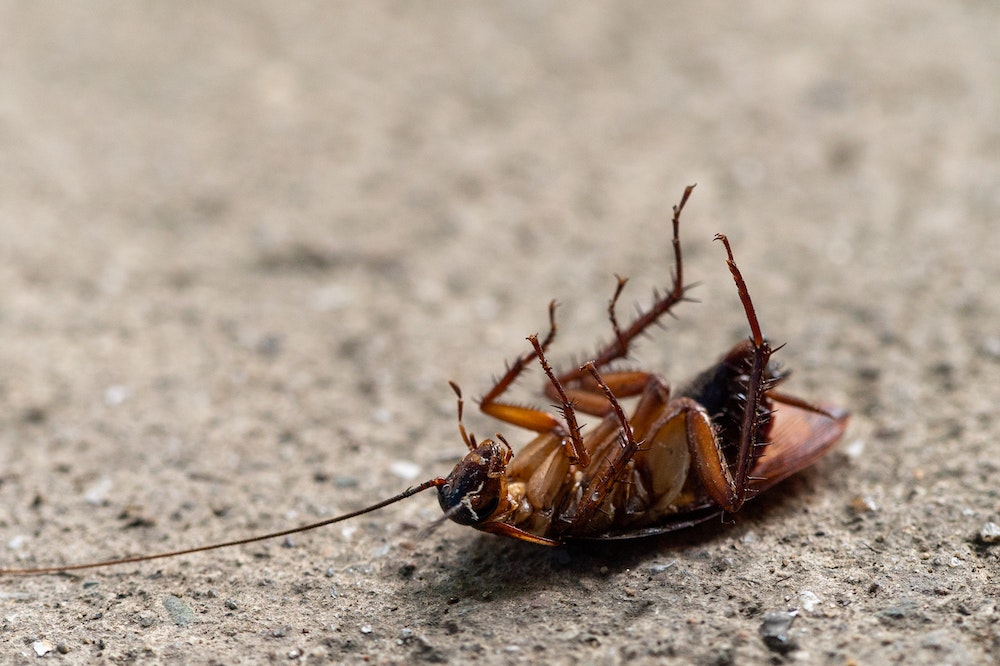Cockroaches and other pests are a fact of life when you own rental property. That doesn’t mean they should be ignored because if the problem becomes severe enough, a tenant may claim they’ve been constructively evicted because the unit’s uninhabitable.
What’s a Cockroach?
Cockroaches are insects that have been around for about 300 million years, according to Terminix. More than 4,600 different cockroach species exist, but only about 30 are found in homes and other buildings.
Why are Cockroaches Dangerous?
They don’t pose a direct threat but can sicken those exposed to them. They can eat almost anything and leave feces wherever they go, creating a breeding ground for disease and bacteria. Cockroaches pass them onto anything they touch. People can also have allergic reactions to their saliva, feces, and parts of their body they shed.
Do Landlords Have a Legal Obligation to Prevent a Cockroach Infestation and Address One If It Happens?
California law states that landlords must provide tenants with livable property. That includes one that’s free of pests such as cockroaches. State law also spells out precautions when using or hiring someone to use pesticides in an apartment.
According to state health and safety law, your unit would be “substandard housing” if there is an “(i)nfestation of insects…as determined by a health officer or, if an agreement does not exist with an agency that has a health officer, the infestation can be determined by a code enforcement officer…”
There’s an implied warranty of habitability when you rent out space to a tenant. Many kinds of defects could make a rental unit uninhabitable, including a cockroach infestation if it’s severe enough. Units must be fit for the occupation of people and substantially comply with building and housing codes materially affecting tenants’ health and safety.
What Should Landlords Do About Cockroaches?
You must take reasonable steps to prevent a roach infestation and respond to complaints promptly. To avoid these problems, you, or someone you hire, should:
- Regularly inspect the property for signs of cockroaches, such as egg cases, droppings, and live cockroaches
- Seal up openings, cracks, or holes in walls and the foundation
- Cockroaches need water. Fix leaking plumbing or water leaking through the roof
- Hire a professional pest control company to exterminate a roach infestation
Tenants should also take actions to prevent an infestation. This includes:
- Keeping the unit clean and sanitary
- Storing food properly to prevent access by cockroaches
- Regularly taking out the trash
- Using cockroach traps and baits
- Regularly vacuuming the unit
Landlords are responsible for pest control unless the tenant’s carelessness or negligence causes an infestation. If both parties aren’t proactive and take steps to prevent or end an infestation, the problem will just continue.
What Actions Might a Tenant Take If There’s a Cockroach Infestation?
If it’s reached the point where the unit’s uninhabitable because you failed your obligations, a tenant could:
- Withhold rent until the problem is addressed
- Deduct from the rent their cost of ending the infestation and preventing future ones
- Abandon the property and break a lease if you’ve been given reasonable notice of the problem and failed to act. If you seek unpaid rent, they may use constructive eviction as a defense because you didn’t respond to their cockroach complaint
As you can see, although cockroaches are very small, they can cause big problems for landlords.
We’re Here to Help
If you’re a residential landlord and facing an infestation of insects or vermin, AWB Law can discuss your obligations and how to avoid legal conflicts that may result. Call AWB Law, PC at (949) 244-4207 or complete our online contact form today.










